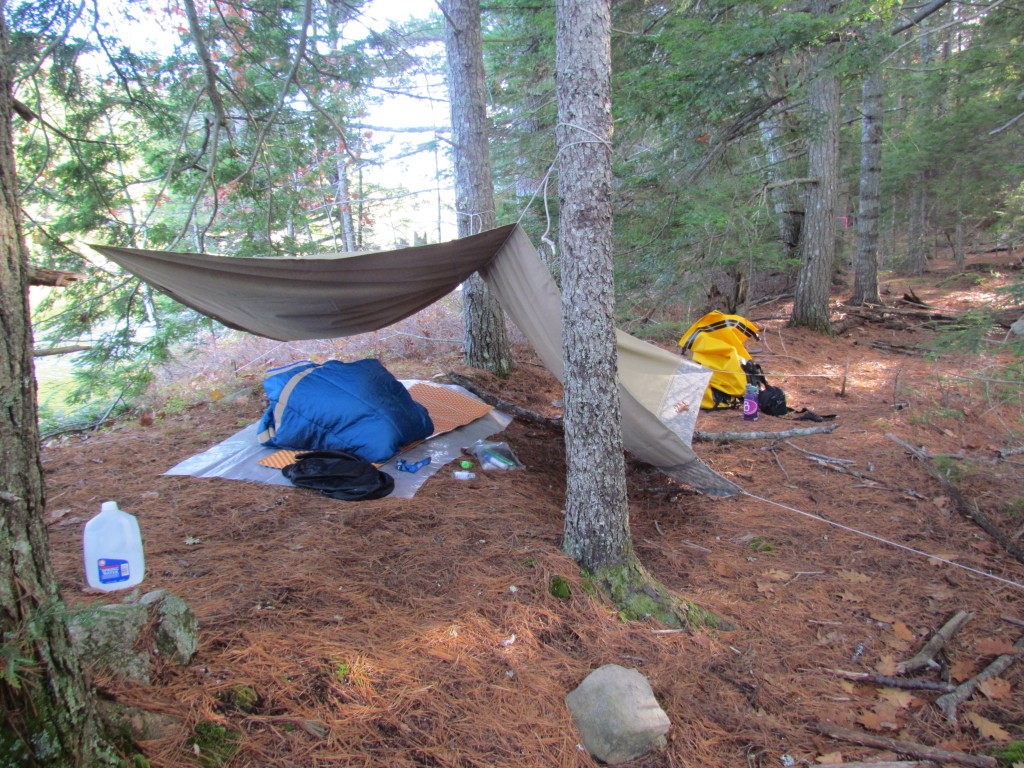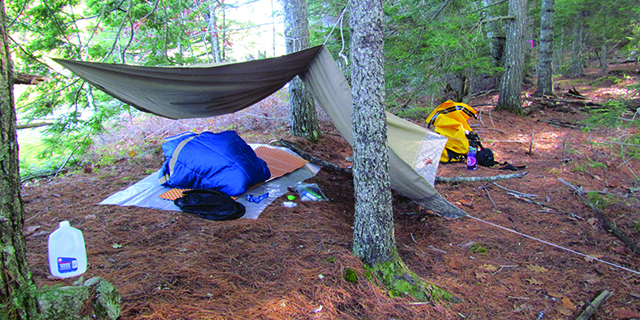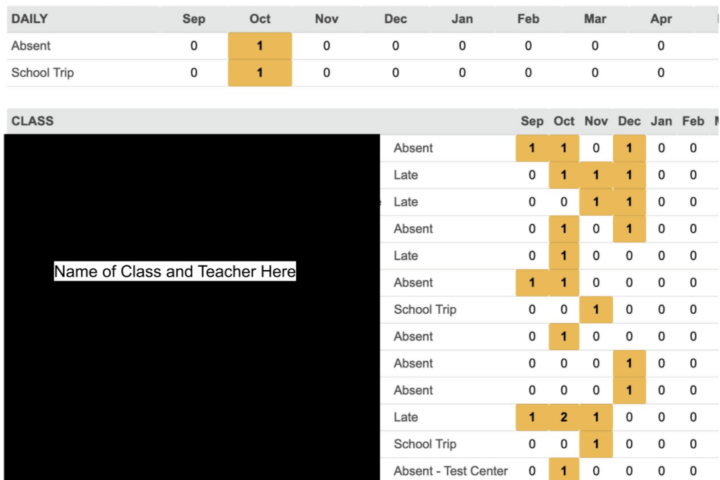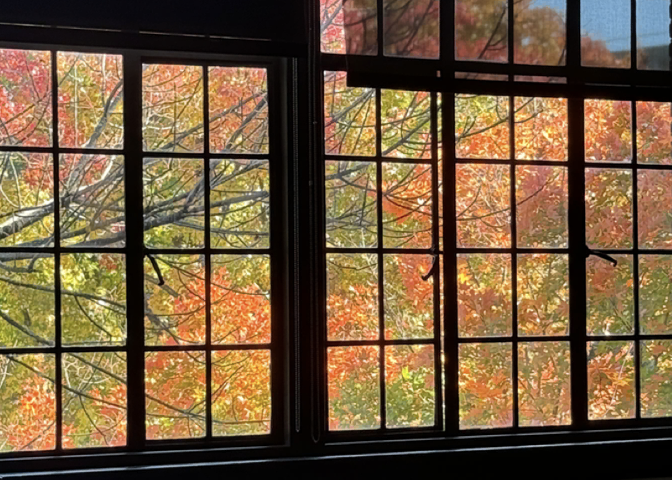
Milking cows. Tracking fish in the Bahamas. Three nights alone in the woods. These activities are just a few of the offerings from semester schools for students seeking an alternative semester during their junior years. Though each of these schools resides in a unique place and operates on a specific pedagogical foundation, the schools all present a common opportunity: to wander off the beaten path and do something different.
Founded in 1983, The Mountain School first established the semester school paradigm. In addition to five required academic classes, the TMS experience is defined by the daily rigors inherent in living on an organic farm. Students take a break from classes every day between 1:30 and 4:00 to participate in a work period, which can range from picking squash to mopping classrooms to caring for the barn animals.
TMS alum Maxine Stern (V) commented on her experience of engaging with the land and the school on so many different levels.
“We learned how to live in the present,” Stern said, “observe and take care of the place that we were in.”
Located on a 400-acre peninsula in Wiscasset, Maine, Chewonki Semester School is also built on a working farm. The day begins with a community gathering outside, which is followed by breakfast and a school assembly. Students then attend classes from 8:30 to 12:30. Afternoon activities vary. Depending on the day, recent alum Jane Herz (V) recalls, “we would harvest on the farm, do community service in town, or help out chopping wood.”
Chewonki emphasizes hands-on, place-based learning.
“I chose Chewonki because it is not just a school and a farm and a forest and a waterfront,” alum Eleanor Paasche (V) said. “Chewonki is a complete experience where my French, English, Precalculus, Art and Science classes all connected with Chewonki Neck in interdisciplinary, intellectually challenging ways.”
Colorado’s High Mountain Institute offers another kind of experiential, environmental semester school.
“What makes HMI unique is its expeditions,” alum Caitlin Durcan (VI) said. “They take place in the Colorado Rockies and the Canyons in Utah [and] include a mix of backpacking, hiking, and rock climbing.”
There is no question that HMI is physically demanding: in addition to these ambitious excursions, classes always follow a morning workout.
“I gained so much from the experience,” Durcan said. “I gained a better work ethic, more confidence, and the most amazing friendships in the world.”
Trade wilderness for art studios and the Rockies for downtown Napa, and discover Oxbow. Though Oxbow offers typical academic classes, it primarily focuses on the visual arts. Each student must complete a final project that combines academic study with artistic pursuit — an essay and a work of art.
“Making art and enjoying each other’s company were everyone’s main priorities,” Oxbow alum Julia Daniel, a senior at the Dalton School, said. “Not getting into college, not getting straight A’s, but simply enjoying life.”
The School for Ethics and Global Leadership is the not only the newest semester school, but the smallest, enrolling 24 kids each term. SEGL utilizes its home of Washington D.C. as students work with experts on case studies of various domestic and international issues. With ethics and politics at its core, SEGL enables students to immerse themselves in current events, leadership strategies, and a craving to improve the world.
“All of your ‘normal’ classes take on such an interesting ethical spin,” alum Maia Berlow said. “SEGL introduced me to real world issues and helped me work through how to tackle them.”
Last but not least, The Island School certainly offers the sunniest program. Stationed in the Bahamas, The Island School works to integrate conventional academics with the history and marine life of Cape Eleuthera. On a typical afternoon, alum Alex Weinstein explains, “you [might] have a three hour block of Marine Ecology where you observe and then discuss the coral reef.” After classes, Weinstein shared, there is time to go to a beach with friends and swim. This social time proved powerful for Weinstein. “The Island School,” he says, “creates a sense of community that cannot be replicated.”
The fortune that comes with attending Fieldston is that junior year can be incredibly rich and engaging, even without going anywhere. Junior year marks the beginning of electives, the launch of the college process, and the increase in exciting opportunities for leadership in the arts, in athletics, and clubs. Yet Ella Murray (V) feels that her experience at TMS was invaluable.
“I was able to learn things,” she said, “that I don’t think I would have had I stayed at my home school.”






